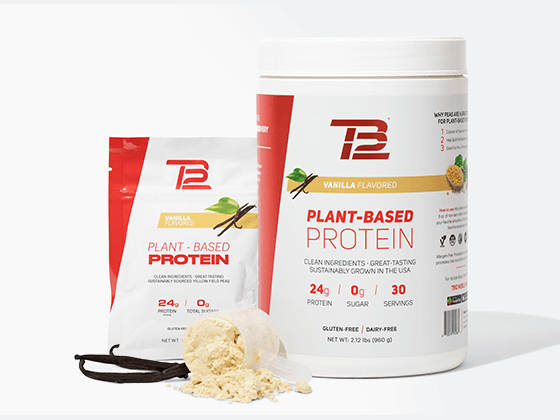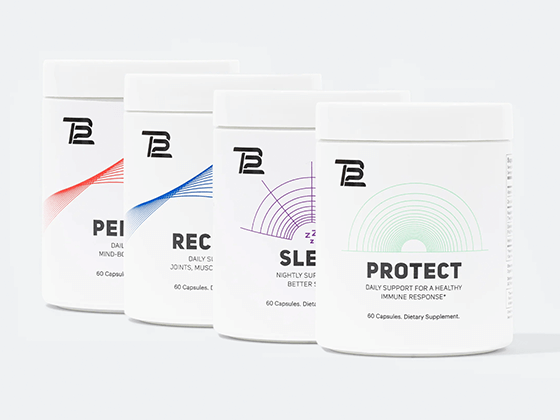According to the CDC, one in three adults don’t get enough sleep. And between hectic work days, excessive screen time and the stressors of life, it’s not hard to imagine why.
Fatigue is usually the body’s first sign that it’s doing too much. In fact, a lack of sleep from overworking can actually decrease your muscle mass.
Your ability to improve is only as good as our ability to recover. If your recovery is blocked by your lack of sleep, you can’t perform at your best. Here’s how to get a better sleep by checking in on yourself, and tips for catching the perfect Z’s.
Questions to Ask When You’re Tired
You’re exhausted. You feel like you’re going to fall asleep on your keyboard. You can’t stand up for one more second. But you might not know exactly why this is the case.
When you’re trying to find the source of your tiredness, ask yourself “why?” Use these questions to guide yourself:
- Are you doing too much? Not just in your training, but in your life?
- How are the stressors of your job? Your finances? Your loved ones?
- Are you eating nutritious foods?
- Are you taking time to roll out tension?
- Are you staying hydrated?
- How is your overall mental health?
Take a look at what life is asking of you. Then, prioritize and see if you can eliminate or mitigate any stressors or make any positive changes in your day-to-day life that will improve your sleep.
Tips for a Better Sleep
Once you work on prioritizing your stressors and fueling your body right, there are plenty of other fixes to help you get the best sleep possible. Here’s how to build a better sleep routine.
1. Aim for seven to nine hours of sleep
This is the ideal daily amount of sleep for the average adult, according to the National Sleep Foundation.
2. Keep TV in your living room
Your bedroom should be a place that you associate with sleep. If you have a TV in your bedroom, consider taking it out so you aren’t tempted to channel surf as you crash.
3. Clean your room
Cut down on stress before bed by putting away excessive clutter. Also, consider buying an air purifier that can remove pollutants, allergens and microbes that might irritate you as you sleep.
4. Stop exercising two to three hours before
According to a study from Concordia University, stopping exercise two hours before bed promotes sleep and increases sleep duration.
5. Stop eating two hours before
Try to have dinner or a snack a couple of hours before you crash. Your body will have plenty of time to digest while still leaving you satisfied.
6. Power down thirty minutes before
Blue light from screens actually suppresses melatonin, making it harder for you to fall asleep. Power down your phone, laptop or other devices about a half hour before going to sleep.
7. Take fifteen minutes to reflect
Just because you aren’t on your phone doesn’t mean you can’t unwind at the end of the day. Take a moment to meditate on things you’re thankful for. Read a book you enjoy. Spend time with your family or loved ones away from the TV.
Check in with yourself before you hit the hay. Your brain will thank you.
The Bottom Line
If you’re exhausted, do a quick check-in on what your body and mind need. Then, work on reducing your stressors, and take steps towards creating a better sleep environment.
To help support your healthy sleep habits, supplement your routine with TB12 Sleep.







